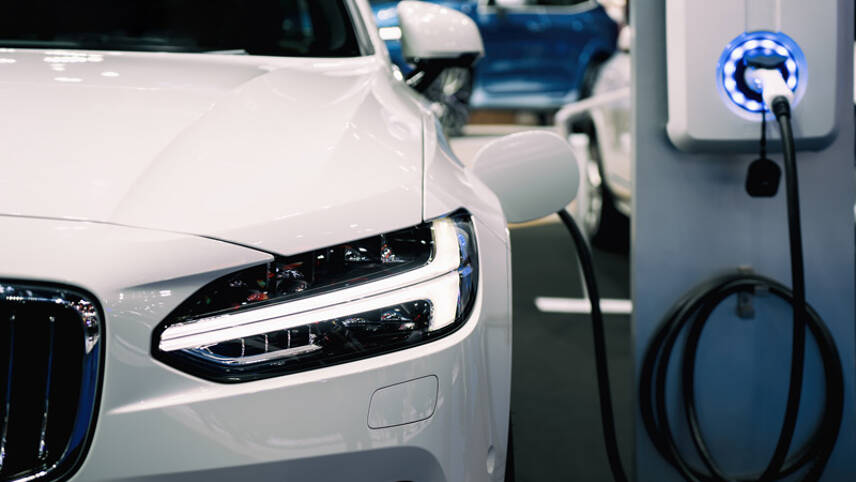Register for free and continue reading
Join our growing army of changemakers and get unlimited access to our premium content

EY’s latest EV Country Readiness Index has listed the UK as fifth for its EV market, behind China, Norway, the US and Sweden. The Index ranks nations based on the market size for EVs, how the supply chain is and will perform and how regulation is helping or hindering the market.
The UK has actually slipped one place in terms of supply and policy compared to last year, but its overall ranking remains unchanged because of significant demand for EVs and the impending 2030 ban on the sale of new Internal Combustion Engine (ICE) vehicles.
EY’s UK EV lead Maria Bengtsson said: “It’s encouraging that the UK remains one of the frontrunners in pursuit of an effective transition towards EV adoption, but there is still scope for significant improvement. As the clear global leader according to the Index, China has demonstrated the impact that appropriate regulation along with a localised supply chain and robust infrastructure implementation can have.
“There are lessons to be learned from that for the UK market, and the onus will continue to be on Original Equipment Manufacturers (OEMs) and the Government to collaborate on this challenge going forward.
The Index notes that UK sales of battery electric (BEV) and plug-in hybrid electric vehicles (PHEV) as a percentage of total car sales are expected to rise to 26% in 2023, a 2% increase compared to 2022 and above the global market average of 19%. This is still far behind the leading nations, including Norway (81%), Sweden (53%) and Netherlands (35%). Additionally, 71% of new vehicles launched between now and 2027 in the UK are expected to be EVs.
China is expected to be the dominant nation for EV production, accounting for 55% globally, followed by the US (11%) and Germany (10%). In comparison, the UK is expected to account for less than 1% of global EV production this year.
Policy suggests that the UK is aiming to ramp up domestic production over the coming years, with a specific focus on batteries. The UK is aiming to increase its battery production capacity to 41GWh by 2027, up significantly from 2GWh in 2022.
As for the UK’s current strong showing, high fuel prices and cost penalties on ICE vehicles are converting more of the public to EVs, but the UK has slipped down on the regulation rankings from third to fourth due to the ongoing fallout surrounding the Zero-Emission Vehicle (ZEV) mandate.
The ZEV mandate is due to come into force in 2024, requiring manufacturers to ramp up the number of EVs they produce, but some politicians and lobbyists argue that it will incur too many additional costs for manufacturers.
Concerns also persist over the quality and availability of charging infrastructure, but the UK is ramping up government and regulatory support in this area, with plans to invest £1.6bn into the development of EV charging infrastructure.
“Potential delays to and a lack of clarity on the Zero Emissions Vehicle (ZEV) Mandate, along with uncertainty around plans and progress on the supply side are particular challenges the UK continues to navigate, while regulatory incentives have room for improvement, particularly when compared with legislation brought about in other competing markets,” Bengtsson added.
“In the US, for example, the Inflation Reduction Act has contributed to the country climbing four places into third within the Index’s rankings. However, there are positives to take into account, including recent encouraging sales growth, particularly for new EVs, driven by increasing popularity among consumers and businesses.”


Please login or Register to leave a comment.